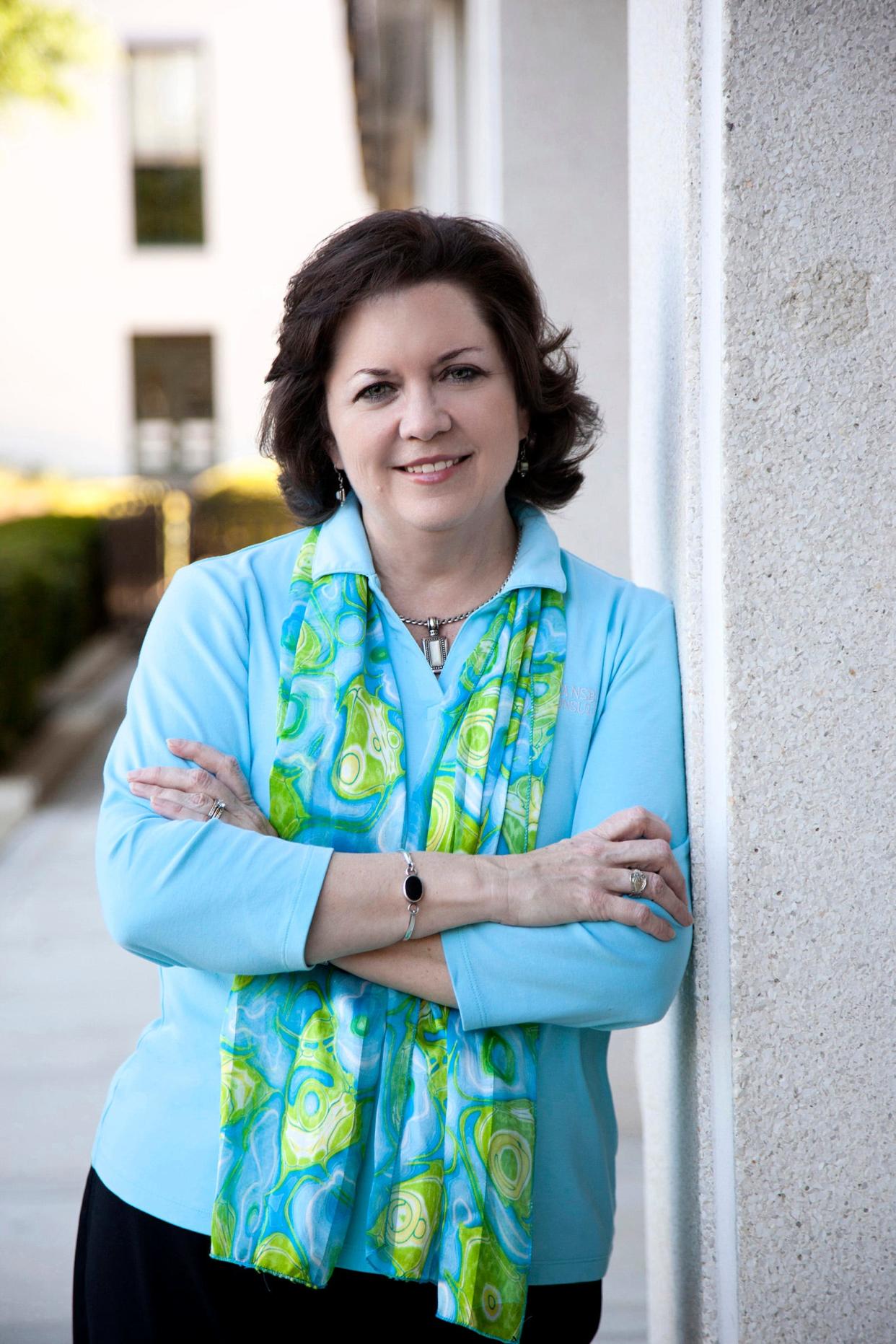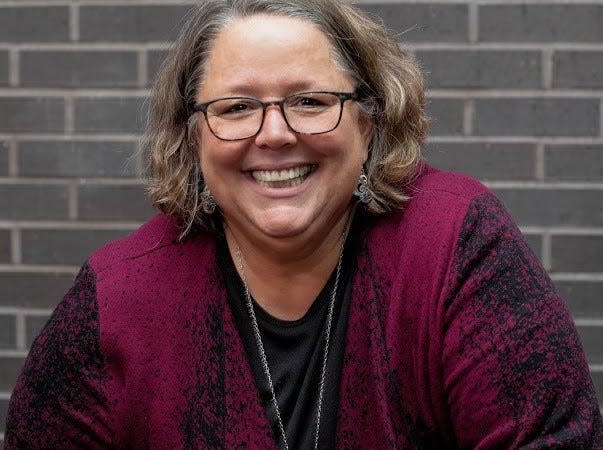Behind the scene: Sketchy tactics divert money from local nonprofits | Notes on Nonprofits

This week Kelly and I provide our reaction to the situation she described last week. You’ll recall Kelly told the story of the New Jersey nonprofit raising funds for suicide prevention outside of a pet store.
It turned out the nonprofit (the NPO) does not provide suicide prevention, it wasn’t their employee raising money, but a person paid by a professional fundraising company, and no services by the NPO are being provided in Tallahassee or planned for the foreseeable future.
Last week's column: Legitimate cause, sketchy fundraising tactics raise alarm bells | Notes on Nonprofits
Giving: #GiveTLH 2022: Mission Possible Enrichment Center meets needs on Tharpe Street
Donations: Congregation Shomrei Torah members donate baby quilts to Ronald McDonald House

Check out the fundraisers
Kelly: I want to talk about why I went to all the trouble to find out more and why it got me so riled up. Alyce Lee and I have worked shoulder to shoulder with hundreds of nonprofits in Tallahassee for more than 25 years to raise critical funding. Local nonprofits are woefully under resourced.
Nonprofits cannot meet the demand for services using only grant funds. Support from donors, philanthropists and philanthropic organizations is essential. Every dime that is diverted from local giving hurts an organization right here in our backyard.
211 Big Bend is the lead organization for suicide prevention in Leon County. In 2020 their revenue was $1,508,573, they did not use a professional fundraising solicitor and their direct fundraising expenses were $15,362, or 10%.
When an outside fundraiser sets up shop in front of a store and lies about saving people’s lives to take their money, that really irks me. And it is made much worse because I know the organization who actually does save lives in Tallahassee needs support from the local community to do their important work.
I know the person who was sitting in front of the store was being paid by a fundraising company who was earning up to 60% of the money raised. Because he lied about what the money was for and who he worked with, I know his training was to get a donation no matter what.
The Salvation Army workers and volunteers sit in front of stores during the holidays ringing a bell and wishing everyone a Merry Christmas. They don’t get in the faces of shoppers and ask them if they want to stop suicides.
I didn’t name the NPO because it’s not illegal to do what they’re doing, unless they knew the company they hired was defrauding people, and I believe they did not. I hope they called law enforcement about the company because it was fraud. Plain and simple, they were stealing people’s money using false information.
Background checks
I love the hearts of the people who donated and want to donate. To make sure you're helping in substantial ways, here are some suggestions.
Bookmark Florida Department of Agriculture and Consumer Services (FDACS) site, Check-A-Charity on your phone. When you are being asked for a donation, check the name of the nonprofit on this site. You will be able to see if they are proposed registered to solicit funds in Florida and whether they are a local nonprofit.
You can see their revenue and fundraising expenses. Click on the plus sign next to their name and scroll to see if they have information under Solicitors, which indicates if they are paying professional fundraisers. Then go to Uploaded Documents and click on Document Financial Information. It will open to their IRS 990 form. You can see all their financial information, including Part I, Fundraising Activities.
Visit the websites of Council on Culture and Arts, United Partners for Human Services, United Way, or the Institute of Nonprofit Innovation and Excellence to learn more about local nonprofits.
More takeaways
Alyce Lee: Here are a few more key takeaways. The overwhelming majority of nonprofits soliciting for contributions in Florida are properly registered with Florida Department of Agriculture and Consumer Services (FDACS), engaged in ethical fundraising, and abide by the Donor Bill of Rights and the Association of Fundraising Professionals (AFP) Code of Ethics and Standards of Professional Practice. Learn more at afpglobal.org.
Use of a professional fundraising solicitor is legal and utilized by legitimate nonprofits to raise funds. Professional fundraising solicitors are required to be registered with FDACS as part of Florida Statute 496, “Solicitations of Contributions Act”.
If you own or manage a business, please take time to verify organizations who request to raise funds in or outside your business are legitimate. In addition to Check-a-Charity Florida, you can visit Guidestar.org to view a nonprofit’s 990 which includes all sources of funding, fundraising costs, and what percentage of funds raised stay in the local community.
Kelly Otte, MPA, is the Founder of Notes on Nonprofits. The column is produced by Alyce Lee Stansbury, CFRE, President of Stansbury Consulting. Hearing from you is the best part of writing this column so please send your feedback and questions to notesonnonprofits@gmail.com.
Never miss a story: Subscribe to the Tallahassee Democrat using the link at the top of the page.
This article originally appeared on Tallahassee Democrat: Behind the effort to track down sketchy fundraising tactics

